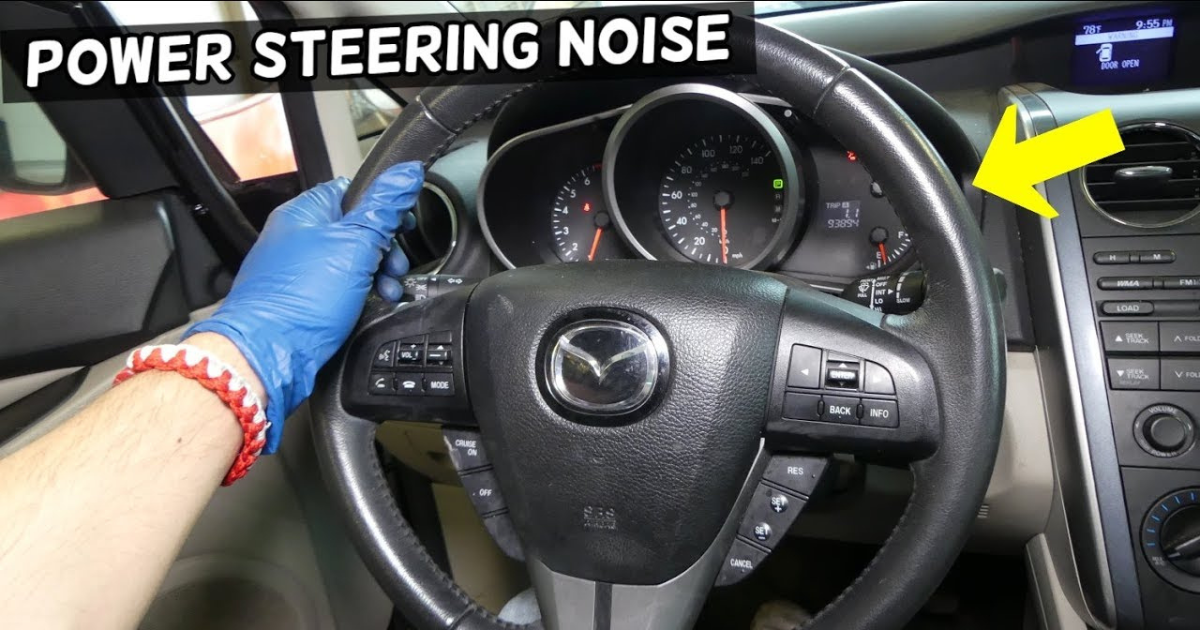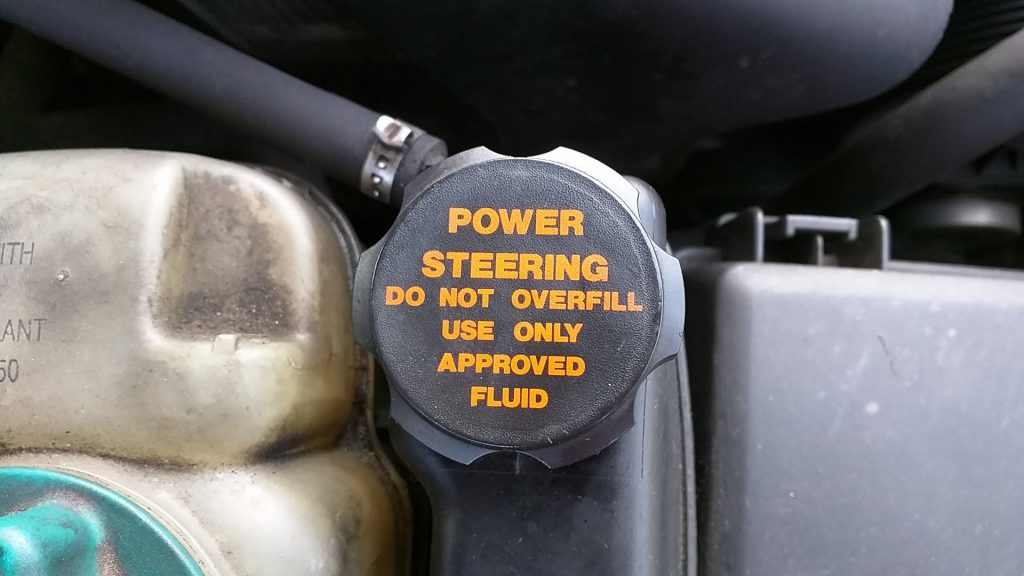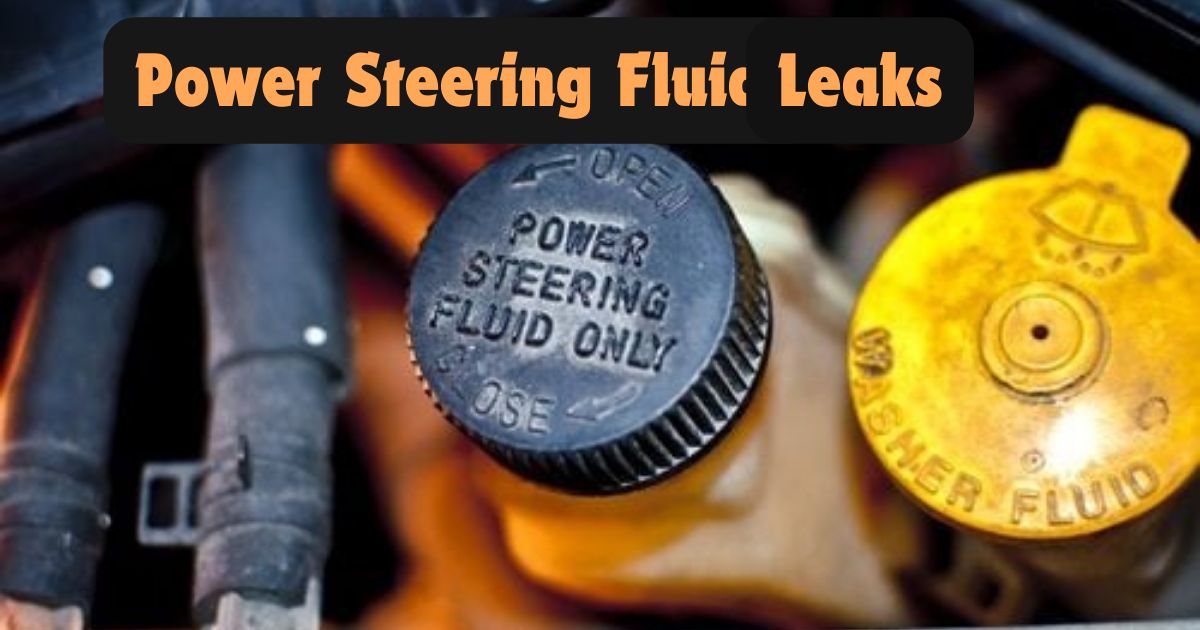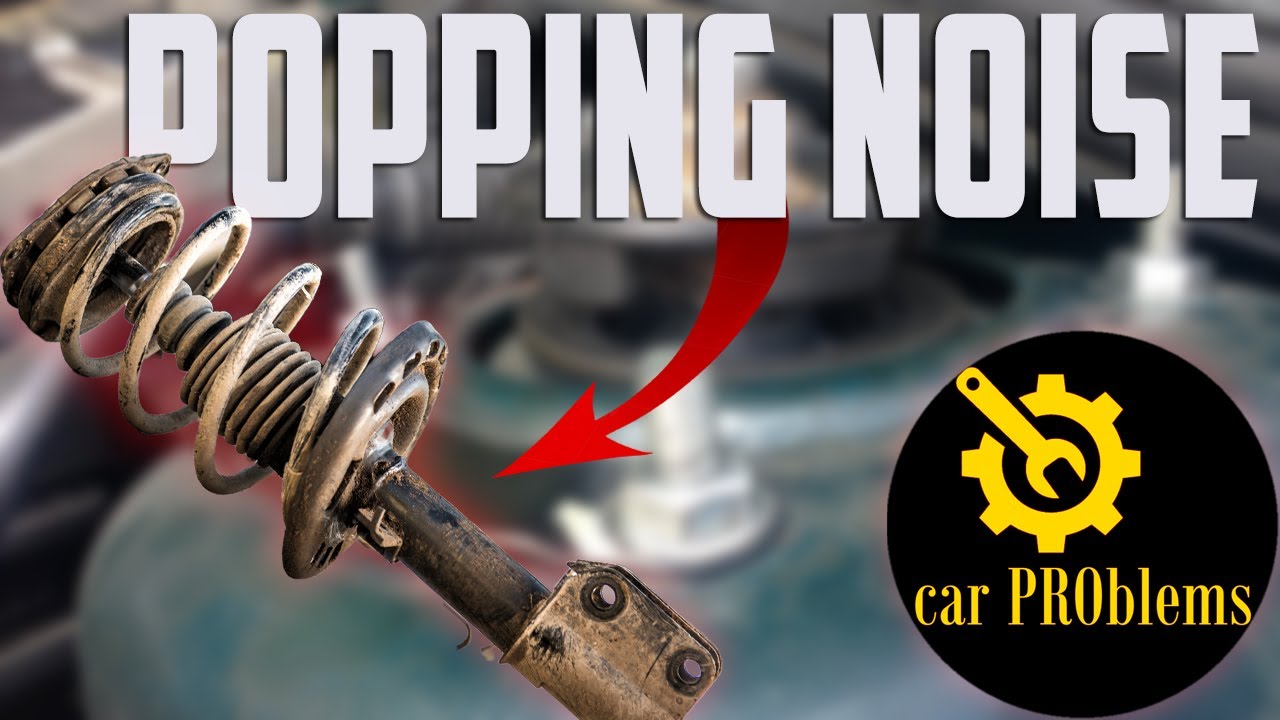It can be both annoying and unsettling to hear noises coming from the engine compartment. One of the many potential causes of these sounds is a problem with the power steering belt.
Worn out pulleys or damaged rollers or a weak or loose drive belt could be the cause of chirping or squealing sounds coming from the engine area, particularly when starting or rotating the wheel.
What is a Power steering belt?
The two most common types of power steering belts are serpentine belts and V-belts. The power steering pump receives its power transmission from the main engine pulley. The water pump, alternator, and air conditioner compressor are all driven by the same belt in certain engines.
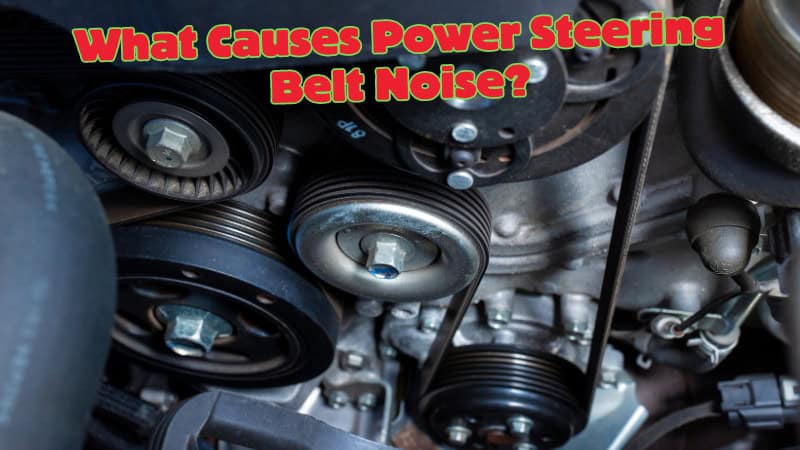
What Causes Power Steering Belt Noise?
When you hear a noise from your steering belt at startup, when turning, or while driving, it could be due to a number of difficulties. These include a loose belt, wear and tear, misalignment, problems with the pulleys, or fluid seeping on the belt.
Finding the source of the problem is the first step in fixing the steering belt noise. Sometimes adjusting the belt is all that’s needed to silence the noise. Even after you change the belt, the noise could reappear if you aren’t aware that the belt is too tight.
Wear and tear
Steering belt noise is usually caused by regular wear and tear. Wear and tear on friction belts manifests as fractures, glazed surfaces, or persistent fraying. This will cause the belt to make a noise when you start the engine, and later on, you’ll notice that it also makes noise while you turn or drive.
When is a steering belt going bad? Signs that your belt is in bad shape include squeaking, cracks in the ribs, and ribs that are frayed or glazed.
Improper tension
The ideal tension for serpentine belts is just right. Too much tension on the belt causes it to wear out more quickly and create an annoying screeching sound. Additionally, squeaking sounds will be produced when starting the car if the belt is excessively slack. When you start the car, it can make a constant squeaking sound, depending on how loose it is.
Worst case scenario: the belt comes loose from the pulleys and wrecks the crankshaft sensor and anything else in that vicinity.
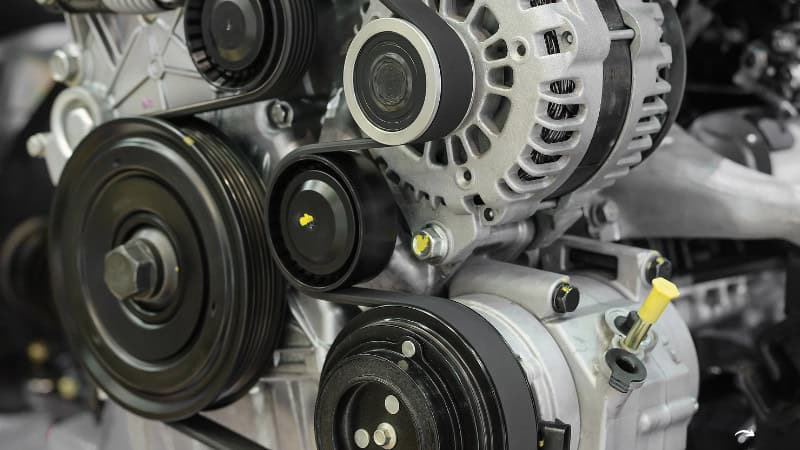
Misalignment
A serpentine belt can easily be damaged by becoming misaligned. There are grooves on the engine and other pulleys that the steering belt’s ribs can fit into. It will make a screeching sound and, before you realize it, cut the belt if the pulleys are not lined up properly.
Defective pulleys or tensioners
It is not always the case that a broken belt is the source of the noise you are experiencing. It may be the case that the belt tensioners or pulley bearings are defective. In other instances, it may be necessary to replace pulley teeth because to their deformities.
Although the belt noise may temporarily cease when you replace the belt, it will resume after a few miles of driving if the faulty pulley or tensioner is not replaced.
Fluid leaks
Although it’s rare, fluid leaks in the steering belt can cause it to produce noise. Belt wear and noise will be worsened if engine oil or power steering fluid drips onto the belt, as this will increase friction and heat.
Conclusion
In conclusion, belt noise and early wear can be caused by regular wear and tear as well as any defective part in the drive belt system. If oils, antifreeze, or power steering fluid leaks onto the drive belt, it will expand and wear out fast. Prior to replacing the belt, you need to fix the leak. If it doesn’t happen, the issue will remain.
When you accelerate, the power steering belt could make noise for a number of different reasons, such as worn or broken tensioners, pulleys, or bearings. Although these parts don’t usually fail as quickly as the drive belt, it’s not necessarily the belt’s fault. The belt may be wearing off because of them.

